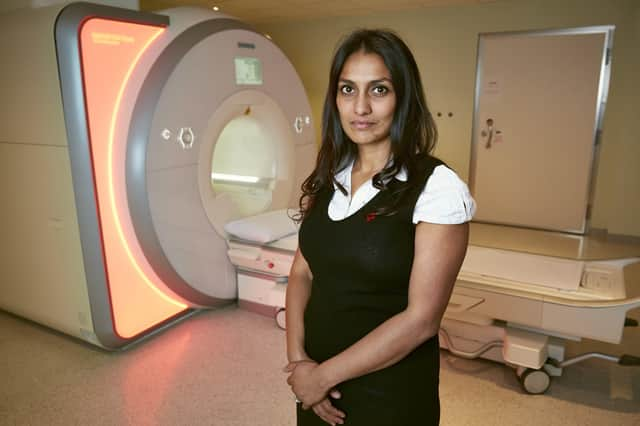Lives are at risk from ‘ticking timebomb’ in cardiovascular care


In West Sussex, the figure is 39 per cent, while in East Sussex the number of patients waiting more than four months is up by 121 per cent.
Latest figures reveal that more than 6,620 people in the region were waiting 18 weeks or more for heart-related treatments in February 2021, compared to 5,300 people in February 2020.
Advertisement
Hide AdAdvertisement
Hide AdIt comes as hundreds of people have now been waiting over a year for heart operations and procedures.
BHF says the disruption to heart disease care caused by the pandemic could put lives at risk for years to come.
The warning comes as the charity predicts that official figures due this autumn will show a rise in the UK’s heart and circulatory disease death rate for 2020.
The charity says this expected spike in deaths is just the ‘tip of the iceberg’. Missed opportunities to prevent and diagnose heart and circulatory diseases, an unprecedented backlog of people waiting for care, and a cliff-edge fall in research funding could amount to a loss of progress for a generation and lives cut short from treatable heart conditions.
Advertisement
Hide AdAdvertisement
Hide AdThe briefing - The Tip of the Iceberg – reveals that the pandemic has caused disruption to every aspect of cardiac care.
Around 131,000 fewer (28 per cent) heart procedures and operations were performed in England during the first year of the pandemic and there has been a 180-fold increase in the number of people waiting more than a year for heart procedures, including surgery.
And at the same time, GP referrals to specialist heart doctors in England fell by nearly a third (29 per cent) in 2020.
The charity says that this disruption is contributing to ‘a cardiovascular ticking timebomb for the future’.
Advertisement
Hide AdAdvertisement
Hide AdDr Sonya Babu-Narayan, associate medical director at the British Heart Foundation and consultant cardiologist, said: “Despite the tireless efforts of NHS staff, the pandemic has caused untold heartbreak, with thousands of extra heart disease and stroke deaths and significant delays to cardiovascular care.
“However, what we have seen so far is only the tip of the iceberg.
“No part of the system providing care for people with heart and circulatory diseases has been left undamaged - from life saving prevention, detection, treatment, and recovery, to crucial research that could unlock future breakthroughs and cures.
“We face a cardiovascular ticking timebomb for the future that could start to reverse six decades of progress in reducing death rates from heart disease and stroke.
Advertisement
Hide AdAdvertisement
Hide Ad“Averting this disaster will require clear plans that help the NHS to recover, bolster public health, and revive the hard-hit medical research charity sector. Getting this right could protect thousands of lives from heart and circulatory diseases for years to come.”
The ‘Tip of the Iceberg’ briefing also points to widening health inequalities, an overstretched NHS, and heightened levels of anxiety among people with heart disease.
In the last year, the BHF has seen a 38 per cent rise in calls and emails to its Heart Helpline, with a significant proportion from people struggling to access care.